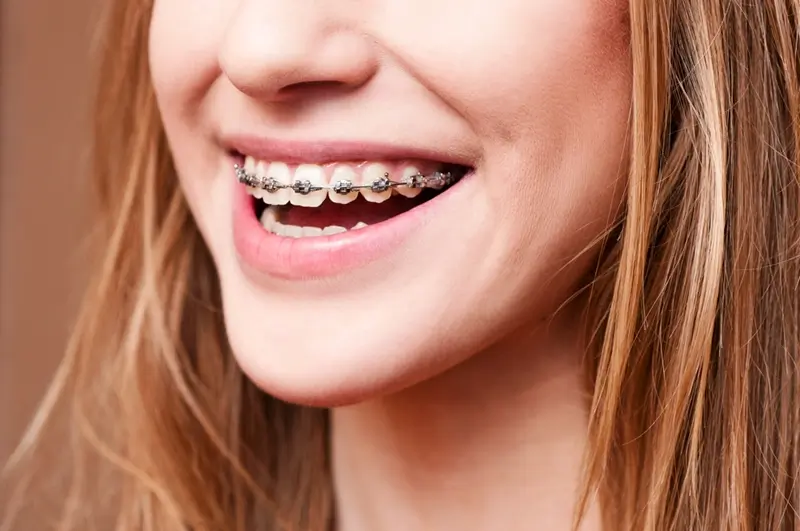We all know someone who swears they have a tendency to set off airport alarms. Some people have no idea why they're a trigger, but others know exactly why – and often the reason is medical. Artificial joints, or plates in the body, are often made of metal which means that depending on their size, they can trigger the alarms.
However, luckily for the many people who pass through airport security everyday, dental implants shouldn't be the cause of a metal detector alarm. Here's why your airport experience should be smooth sailing no matter what dental work you need.

How does a metal detector work?
Interruption to the normal echo pulsing causes the machine to set off an alarm.
Metal detectors create an electromagnetic field which they emit in pulses. Each pulse creates a return echo which the detector recognises as no cause for concern. However, the electromagnetic field is disrupted when a metal objects enters it and disrupts the echo system. The incoming metal object creates its own magnetic field, and the interruption to the normal echo pulsing causes the machine to set off an alarm.
The reason you're asked to remove certain items of jewellery, or metal accessories like belts, and put them through a separate scanner is to avoid them being the unnecessary cause of an alarm.
Of course, if you have metal inside your body as part of a joint replacement or other medical procedure, there's nothing you can do to prevent an alarm. However, airport security have specific processes to manage this type of trigger.
Why are dental implants different?
Dental implants work by fusing a metal rod into the jawbone, to replace the normal function of the tooth root. Over time the jawbone grows around the rod, creating a stable and sturdy base for the new dental crown.
The metal rods used in dental implants are usually made from titanium. However, the amount of titanium present is so small, that it often doesn't trigger metal detector alarms. Even if you have multiple implants or fillings, the amount of metal used in a small screw, even including the abutment that attaches to the crown, is extremely minimal. While this doesn't mean the alarm definitely won't sound, it makes it less likely.
The material used in your implants may not be strong enough to trigger an alarm.
Another reason is that some titanium alloys produce different strengths of magnetic field, and so the material used in your implants may not be strong enough to trigger an alarm. Again, this varies between implants, and other types of dental work.
What about braces or dentures?
Much of the same information applies to your braces or any other type of dentistry method. Not only are braces very small, but they are also made of light metals that are very unlikely to trigger an alarm. All other types of false teeth replacements – like dentures, or dental bridges, involve very small amounts of metal, if any.

Whether you have concerns about your existing dental implants, or want to learn more about how you could benefit from them, visit our dental clinic for expert advice. Not only can we talk to you about all the options available to you, we'll also give detailed advice about oral hygiene and how to maintain healthy teeth. Call 04 978 4964 or book an appointment online.
